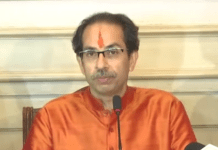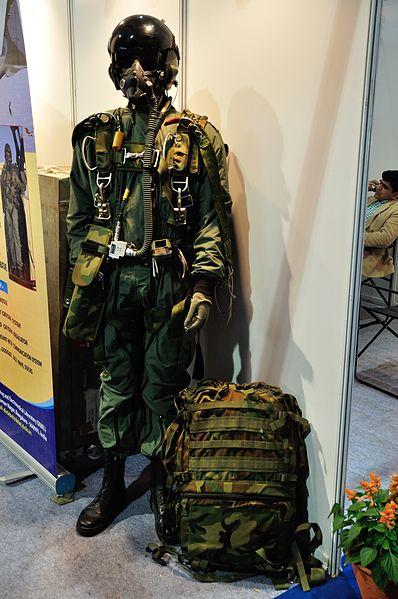India’s Defence Minister Rajnath Singh has called for increased investments in two Defence Industrial Corridors: Uttar Pradesh & Tamil Nadu Defence Industrial Corridors to achieve ‘Make in India, Make for the World’ vision.
While speaking during ‘Advantage Uttar Pradesh: Defence Corridor’ session organised as part of UP Global Investors’ Summit in Lucknow, Rajnath Singh said that the corridors add momentum to growth of a self-reliant defence sector. He described fool-proof security as the strongest pillar of a prosperous nation, asserting that the Government is leaving no stone unturned to build a self-reliant defence industry which provides state-of-the-art weapons & technologies to the Armed Forces, crucial to make India self-reliant.
He pointed out that after a long spell of imports dependency, India is witnessing the rise of a self-reliant defence sector due to the collaborative efforts of the Government and the industry, especially the private sector in the last few years.
He added that the Defence Industrial Corridors (DICs) have been conceptualised to help in providing basic facilities to the defence industry.
“There are corridors of power in the country which are necessary for running the governance of the country. When these corridors start interfering in the work of the industries, red-tapism increases and the businesses are adversely affected. Keeping this in mind, two dedicated corridors (UP & Tamil Nadu) were created for industrialists, free from unnecessary interference of the government,” the Raksha Mantri said.
On the UP Defence Industrial Corridors UPDIC, he mentioned that the corridor nodes (Agra, Aligarh, Chitrakoot, Jhansi, Kanpur and Lucknow) are historically-important industrial areas, connected not only with the state but the entire country. This corridor has the potential to provide to the defence industry an ecosystem which is crucial for any organisation involved in R&D and production.
He highlighted that following the establishment of the UPDIC, MoUs have been signed with more than 100 investors within a short span of time. So far, more than 550 hectares of land has been allotted to over 30 organisations and an investment of about Rs 2,500 crore has been made. These statistics will increase, he said, hoping that the UPDIC will prove to be a runway for the state’s defence industry to touch greater heights.
He listed out many steps taken by the Central government to strengthen the defence industry. These include measures to encourage private sector participation; earmarking of a certain part of the capital expenditure of defence for domestic procurement; allocation of a huge part of the defence budget to purchase domestic items; notifications of positive indigenisation lists; enhancement of FDI limit and reforms in the banking sector.
He also threw light on the opening up of avenues for the private sector that include Transfer of Technology through DRDO at zero fee; access to government labs; dedicating a quarter of the defence R&D budget to industry-led R&D; introduction of the Strategic Partnership model, which provides an opportunity to Indian private entities to tie-up with global Original Equipment Manufacturers and launch of the Innovations for Defence Excellence (iDEX)initiative & Technology Development Fund to promote start-ups and innovators.
As a result of steps taken by the government, India is manufacturing defence equipment to meet its own security needs, but is also catering to the requirements of friendly countries under ‘Make in India, Make for the World’. Defence exports have increased to over Rs 13,000 crore last year (as compared to less than Rs 1,000 crore in 2014).
***

























